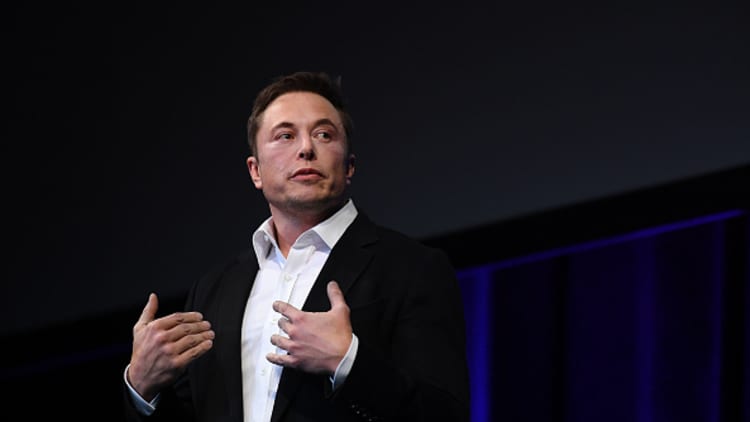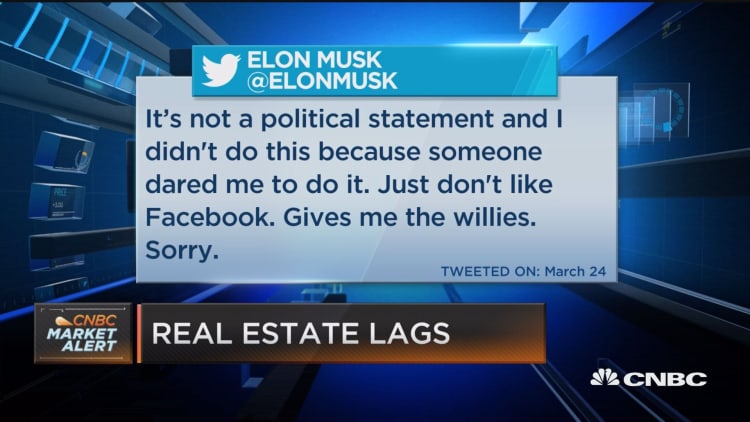Neuralink, a company cofounded by Elon Musk that aims to develop brain implants for boosting people's mental capabilities, had plans to test products on animals, according to a new report.
The new information provides rare insight into Neuralink's earliest plans for executing on its bold vision, which could ultimately diversify Musk beyond cars with Tesla and space travel with SpaceX.
The report on Wednesday from Gizmodo points to a letter Neuralink employee Jared Birchall sent to a San Francisco city department last year that mentions plans for "a small operating room for in vivo testing, and a small room to house rodents."
Musk hasn't spoken much about Neuralink in the past. But he has said that before the company would seek to deploy its technology for a wider population -- which could be seven to nine years away -- Neuralink would first try to help people with certain kinds of disabilities.

"The first use of the technology will be to repair brain injuries as a result of stroke or cutting out a cancer lesion, where somebody's fundamentally lost a certain cognitive element," Musk told Tim Urban for an expansive article on the site Wait Buy Why.
"It could help with people who are quadriplegics or paraplegics by providing a neural shunt from the motor cortex down to where the muscles are activated," Musk said. "It can help with people who, as they get older, have memory problems and can't remember the names of their kids, through memory enhancement, which could allow them to function well to a much later time in life—the medically advantageous elements of this for dealing with mental disablement of one kind or another, which of course happens to all of us when we get old enough, are very significant."
Urban's article, based on his conversations with Musk, did not touch on animal testing.
The letter from Birchall noted the company was looking to abide by law with its research efforts.
"This will follow the CNC/NIH Animal Biosafety Laboratory Level 1. The use of rodents is exempt from the Animal Welfare Act," Birchall wrote.
The Gizmodo report says an architect subsequently told the city that the company was looking outside San Francisco to set up a lab, and that Neuralink has begun sponsoring research at the University of California, Davis. Ultimately Neuralink did receive approval from California's state public health department to keep and use animals at its San Francisco headquarters.
It's not certain that animal testing has begun, though. Neuralink did not immediately respond to a request for comment.
WATCH: Musk says Facebook gives him the 'willies'



